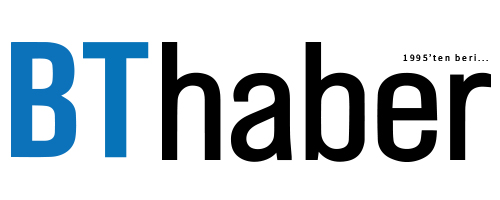Artificial intelligence is transforming business life


International recruitment and consultancy company Michael Page conducted research on artificial intelligence tools covering European countries, including Turkey. Almost half (48%) of the professionals who participated in the research conducted with approximately 3,500 people stated that they use artificial intelligence tools, especially to find a job, increase their productivity or automate routine tasks. Michael Page Technology Business Unit Director Deniz Çakırgil Sezen stated that although artificial intelligence makes a difference in business, it has not yet succeeded in replacing the important role of human insight. He noted the importance of human reasoning, especially in the workplace, to understand complex problems, foster creativity, and build relationships that artificial intelligence cannot do. Examples of artificial intelligence tools used by professionals are as follows:
- Interactive AI, including chatbots and intelligent assistants such as Siri, Cortana and Google Assistant, is widely adopted and frequently used by 41% of professionals.
- Popular examples of functional AI tools that include data analysis, cloud security, and breach prevention tools include IBM Watson, Salesforce Einstein, and Azure Machine Learning.
- Analytical AI tools like Tableau, which provides recommendations and insights through data mining, are used at least occasionally by 30% of professionals.
- Expert in creating generative artificial intelligence, written and visual content. 37% of professionals surveyed use tools like ChatGPT and Bard.
65% of survey participants state that artificial intelligence makes them more efficient and productive, while 49% trust artificial intelligence to automate repetitive tasks. In contrast, 50% of professionals are cautious about trusting AI because it lacks human judgment and intuition. It is important to remember that no matter how good artificial intelligence is at data, it cannot yet match the complex decision-making process and emotional intelligence of humans. 42% of the survey participants have concerns about privacy and data security, 34% have concerns about possible dismissal, and 26% have concerns about artificial intelligence regarding ethics-related issues.











